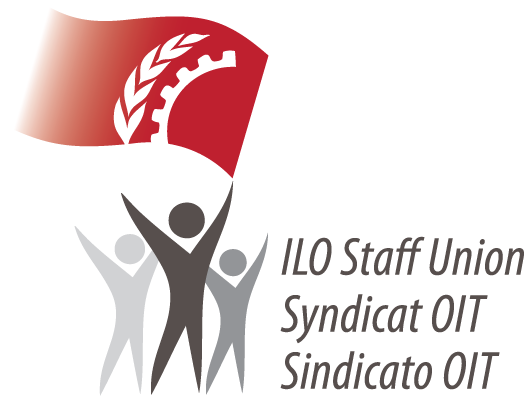 The United Nations Joint Staff Pension Fund was established by the United Nations General Assembly in 1949 to provide retirement, death, disability and related benefits for staff of the United Nations and the other organizations admitted to membership in the Fund. As of 31 December 2014, there were 122,759 active participants contributing to the Fund and 72,367 periodic benefits in payment. The market value of the Fund’s assets was USD 52,080 million on 31 December 2015
The United Nations Joint Staff Pension Fund was established by the United Nations General Assembly in 1949 to provide retirement, death, disability and related benefits for staff of the United Nations and the other organizations admitted to membership in the Fund. As of 31 December 2014, there were 122,759 active participants contributing to the Fund and 72,367 periodic benefits in payment. The market value of the Fund’s assets was USD 52,080 million on 31 December 2015
Important points:
If you are retiring soon or are already retired, ensure that a current “Designation of beneficiary” form (A-2) is on file with the Fund. This is very important, as in the event of your death, it allows the Fund to pay the residual settlement to the person of your choice; otherwise, any residual settlement due will be paid to your estate.
Each person receiving a periodic benefit(s) from the Fund must complete, sign and return an original Certificate of Entitlement (CE) form every year. The Fund uses the CE to verify the continuing eligibility of retirees and beneficiaries for the benefit they are receiving. Prompt completion of the form ensures there is no disruption in benefit(s) payment. The forms may be returned to either the New York or Geneva office. The receipt of the CE can now be tracked by individual beneficiaries through the new UNJSPF Member Self-Service launched in August 2016. This tool allows UNJSPF members access to their pension account information using a Unique Identification Number (UID) which the Fund sends to each individual member.
If you live in a country that taxes the UNJSPF benefits, you should request a tax statement from the Fund, well in advance of the tax year to which it relates.
For more information see :
Special assistance to UNJSPF beneficiaries in case of hardship
![]() An Emergency Fund was established in 1973 to provide financial assistance to beneficiaries currently receiving a periodic benefit from the Fund and who, having worked primarily for the United Nations and are in receipt of a small pension, are faced with unforeseen hardship owing to illness, infirmity, etc. The Emergency Fund is not intended as a source for supplementing pensions considered inadequate by recipients, and it does NOT provide loans or serve as a substitute for medical insurance.
An Emergency Fund was established in 1973 to provide financial assistance to beneficiaries currently receiving a periodic benefit from the Fund and who, having worked primarily for the United Nations and are in receipt of a small pension, are faced with unforeseen hardship owing to illness, infirmity, etc. The Emergency Fund is not intended as a source for supplementing pensions considered inadequate by recipients, and it does NOT provide loans or serve as a substitute for medical insurance.
 The Section of Former Officials of the ILO
The Section of Former Officials of the ILO